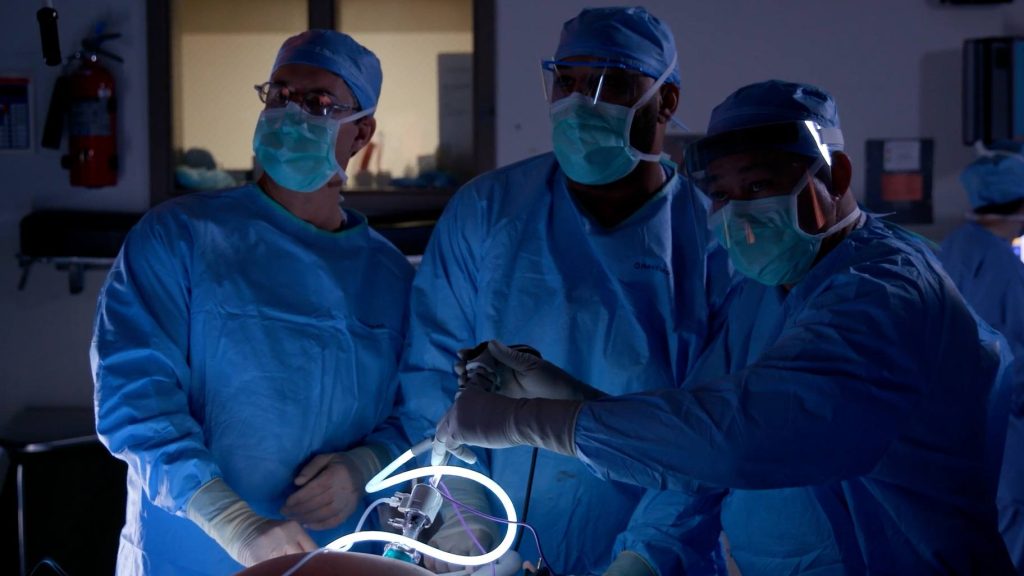
Colorectal cancer is a term that combines both colon and rectal cancers. The colon and rectum are two different parts of the lower digestive tract. These different cancers also mean different approaches to treatment that may involve the use of radiation and chemotherapy in addition to surgery.
When it comes to treating cancer, experience matters, says Dr. Eric Dozois, a Mayo Clinic colon and rectal surgeon. And Mayo Clinic has been transforming this type of care for more than 100 years.
Journalists: Broadcast-quality video (0:55) is in the downloads at the end of this post. Please courtesy: "Mayo Clinic News Network." Read the script.
Colon and rectal cancers may be detected during the same screening, but they are treated differently, says Dr. Eric Dozois.
"Our approach to rectal cancer, for example, often involves more aggressive treatments that help prevent it from coming back," says Dr. Dozois.
Innovation plays a strong role in rectal cancer surgery at Mayo Clinic Comprehensive Cancer Center.
Robotic surgery allows your surgeon to work more efficiently in small spaces, providing an enhanced view of the area where the operation is taking place. Some of the benefits include:
- Surgery performed while the surgeon sits at a console and uses controls to guide high-tech surgical tools.
- Allows surgeons to work in small spaces with three-dimensional visualization, and with more precision, flexibility and control than with conventional techniques.
- Minimally invasive, fewer complications, quicker recovery, fewer urological complications and may reduce nerve dysfunction.
"We're using laparoscopic and robotic platforms to really offer patients surgery that is most up to date in terms of minimally invasive techniques, the least amount of trauma to the patient, but yet achieving the goals of surgery to remove the cancer," he says.
If colon cancer is caught early, surgery may be the only treatment that is necessary, but Dr. Dozois says, "Even in some of the earlier stages, a more aggressive approach that combines chemotherapy, radiation and surgery is necessary to keep it not only from coming back locally, but from spreading to other parts of the body."
Related content:
- Innovative treatments for rectal cancer
- Early Mayo Clinic research finds hope in stem cell therapy for perianal fistulas in patients with Crohn’s disease
- Mayo Clinic Minute: Why millennials should know colon cancer symptoms
- Mayo Clinic Minute: What’s the right colorectal cancer screening option for you?







